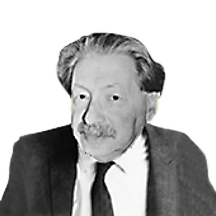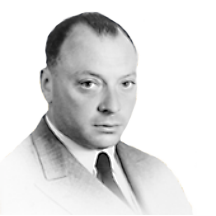Chain was born in Berlin in 1906. In his youth, he aspired to become a pianist, but focused on the studies of chemistry and obtained his PH.D. degree at the age of 21. When the Nazi regime came to power, he emigrated to England, at first to Cambridge University and later on to Oxford University. There he joined Howard Florey’s department, where he engaged in the research of the chemical structure of penicillin.
In 1945, Ernst Chain, Howard Florey and Alexander Fleming, who was considered the first to discover penicillin, were awarded the Nobel Prize in Physiology or Medicine “for the discovery of penicillin and its curative effect on various infectious diseases”.
Following biological tests made on penicillin, it was discovered that it effect a large variety of microbes without damaging the organism itself. It was further discovered that this substance is ten times more powerful in destroying microbes than sulfur drugs, which had been used until that time.
In 1941, following the success of experiments conducted on animals, and after Chain successfully improved the purification process of the substance, bringing it to a much higher purity grade, experiments on human beings began.
Chain and his colleagues made a crucial contribution to humanity in its struggle against infectious diseases. Their triumph can be measured by the saving of millions of lives.
Ernst Chain died in 1979.




